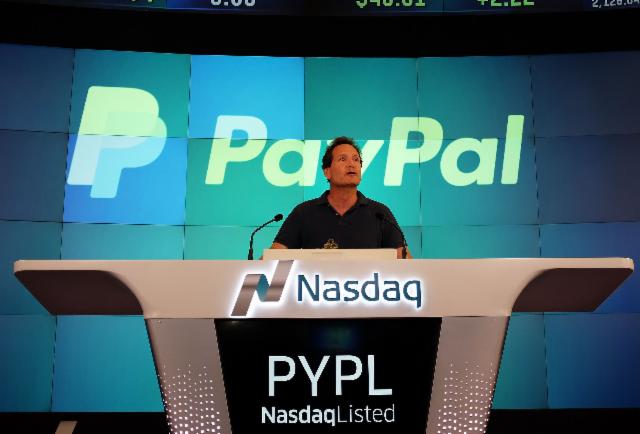A lawsuit has been filed against online payments system giant PayPal, claiming that the company didn’t deliver charitable donations made on the company’s platform, as promised.
The case, Friends for Health: Supporting the North Shore Health Center, an Illinois nonprofit corporation, and Terry Kass, individually and on behalf of all others similarly situated, Plaintiffs, v. PayPal, Inc., a Delaware corporation, and PayPal Charitable Giving Fund, a Delaware nonprofit corporation (1:17-cv-01542), was filed in federal court in the Northern District of Illinois last week. The lawsuit, which was filed as a trademark infringement matter under the Lanham Act, seeks damages of at least $9,999,000.
According to the lawsuit, PayPal established a new platform in 2013 to make it easier for customers to donate money to their favorite tax-exempt charities. The PayPal Giving Fund was created at the same time to process and distribute those donations. It was, claims the suit, “an admirable endeavor.” There was, however, one big problem: according to the lawsuit, not all of the non-profit charities on the site received their donations.
According to the lawsuit, a number of the charities never even knew that the platform existed. The complaint alleges that “as a general practice, neither PayPal nor PayPal Giving Fund notifies the unregistered charities that a donation has been made to them or that they need to create an account to receive the money.” Additionally, the lawsuit alleges that despite guarantees that the funds would be delivered to named charities, “no effort is made to notify the customer that their chosen charity does not have the necessary accounts to be able to receive the funds and that the funds will not be delivered as promised.”
The lawsuit has been filed as a class action. The lead plaintiff in the case is Terry Kass. In 2016, Kass donated a total of $3,250 to thirteen different charities through the PayPal charitable platform. Only three of those charities were actually registered with PayPal which means that they were the only charities that Kass selected who could receive donations through the platform but Kass didn’t know this. The result? Just $100 of Kass’ donations actually made it to the intended charities. Kass didn’t know, the lawsuit states, until she followed up with the charities. This, explains Chris Dore, an attorney with Edelson, PC, who is representing Kass in the suit, made her “reasonably frustrated.” Kass, who is also an attorney, reached out to a friend who eventually connected her with Edelson.
Here’s how the PayPal donation system works: PayPal allows you to search their database by name, category, or state on the giving platform web page. The search results contain the names, and, according to the lawsuit, “on some occasions the marks, of matching organizations.” When you choose the charity, a profile page created by PayPal pops up with the “charity’s name, trade or service mark (if it has one), or other representative marks” together with a mission statement, EIN number, and a promise that “100% of your donation will go to your chosen cause.” You then choose an amount to donate, click and, according to the website, the funds are directed to charity and you, as the donor, receive a receipt for tax purposes.
So why all of the references to the marks? The suit has been filed as a Lanham Act suit. The Lanham Act, sometimes referred to as the Trademark Act of 1946, is a federal law that governs the use of trademarks. The lawsuit alleges that the use of trademarks and other marks belonging to the charities on the site “constitutes false association and/or false endorsement” by PayPal. The use of those marks, together with other information, is, according to the suit, meant to “induce potential donors into using the giving platform… despite the lack of any affiliation.”
CAReview Editor: The views, opinions and positions expressed within articles by the authors and those providing comments on these blogs are theirs alone, and do not necessarily reflect the views, opinions or positions of ClassActionReview.com. Please review our TOS for additional details. For more information, please visit the source link below.
Source: www.forbes.com





Be the first to comment on "OPINION: Lawsuit Against PayPal Alleges Charities Never Received Donations"